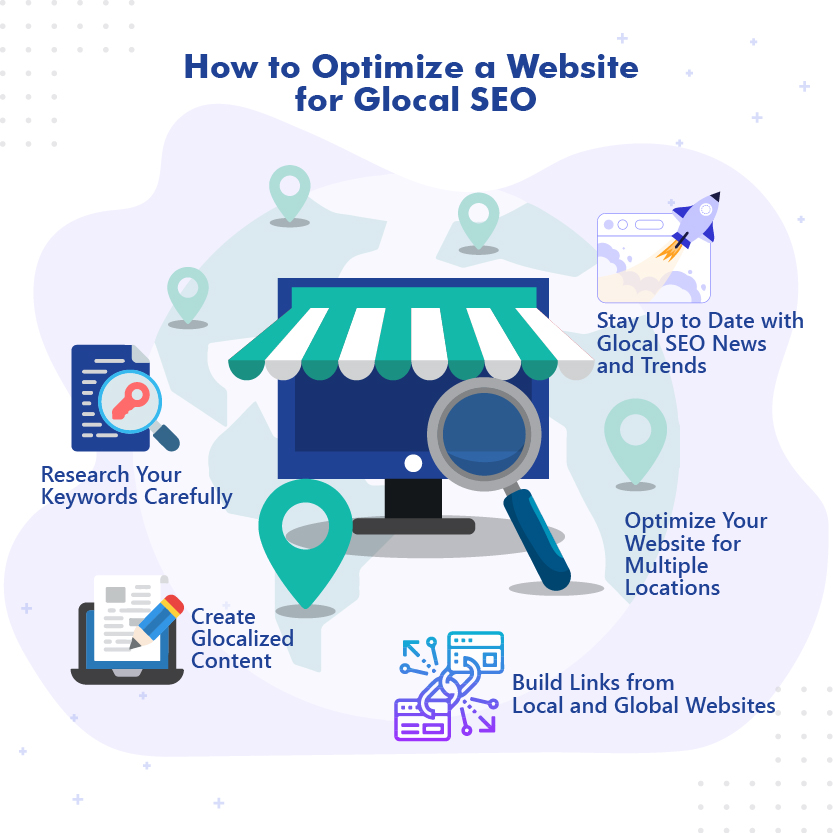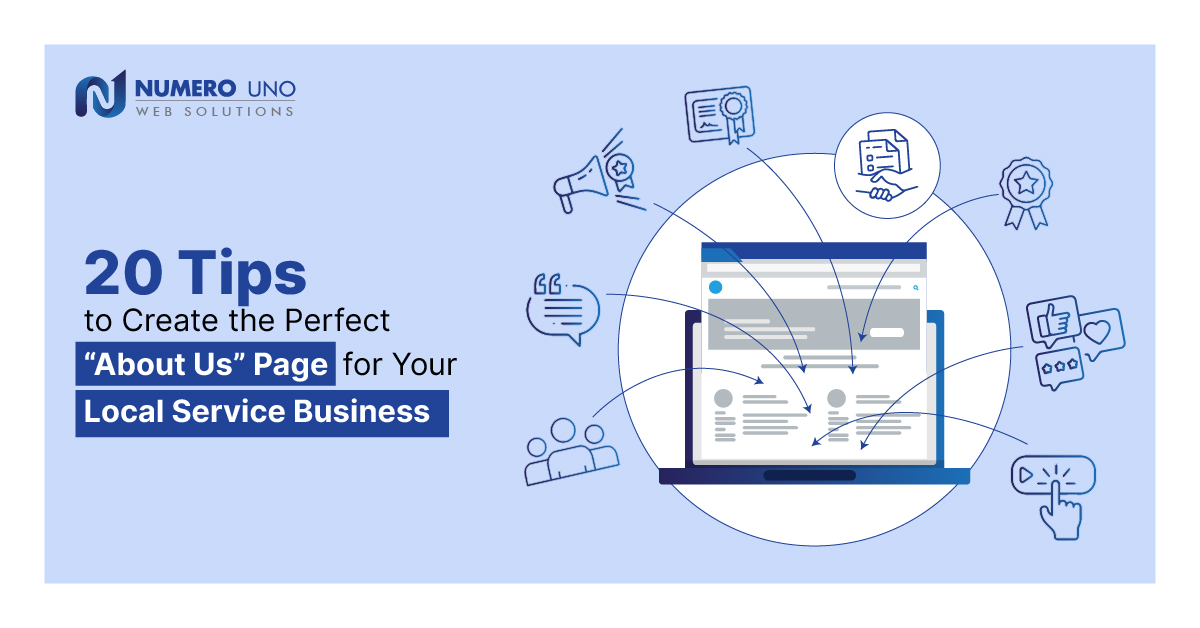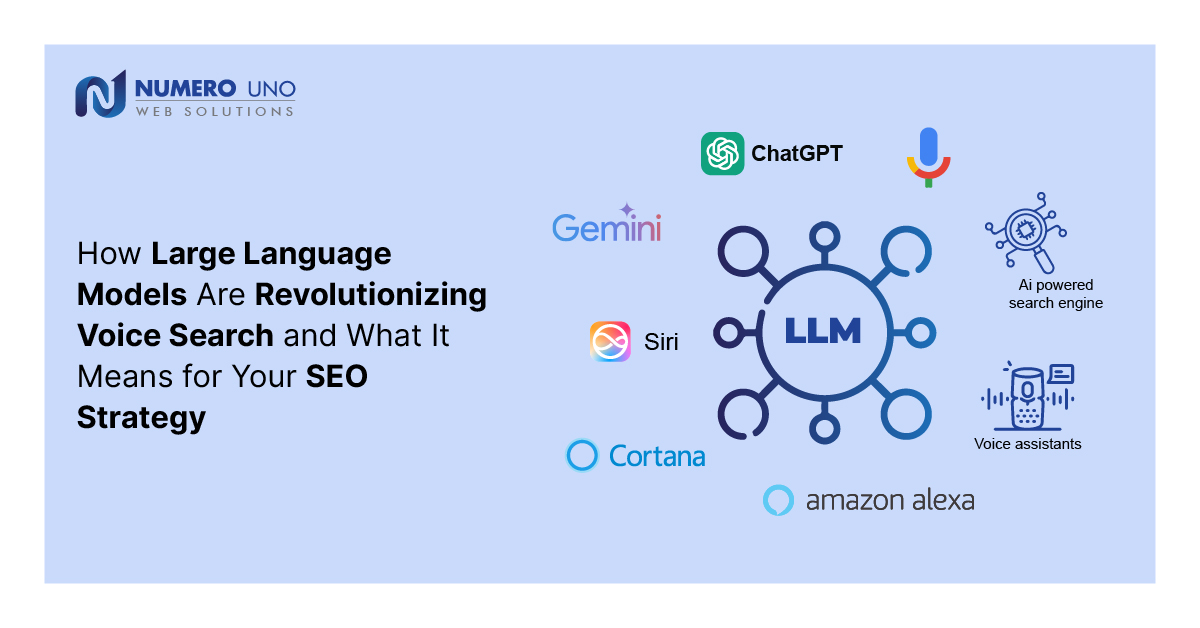
The term “glocal” is a combination of the words “global” and “local”. Glocal SEO is the process of optimizing your website for both global and local search engine rankings. Glocal SEO is a straightforward concept with a complex execution.
Unlike traditional SEO, which focuses on ranking in a single location, glocal SEO considers the unique challenges and opportunities of ranking in multiple locations. Each location needs a different global and local SEO approach when using glocal SEO.
The Difference Between Global SEO, Local SEO, and Glocal SEO
Global SEO entails optimizing your content for various regions worldwide. Businesses need to understand the unique differences of each specific market, whether that means language barriers, cultural differences, or shifts in age demographics.
This is where glocal SEO comes into play. In reality, most global SEO campaigns are made up of several smaller local campaigns that target specific geographic areas and search engine results pages. It’s a way of marketing your business locally in various global markets.
Glocal SEO puts more emphasis on global keywords, as well as localized keywords. For example, if you’re a global shoe company targeting the U.S. market, you might want to target broad keywords like “Shoe Company” as well as more localized keywords like “New York shoe company” or “Los Angeles shoe company”.
Opportunities with Glocal SEO
One of the biggest opportunities with Glocal SEO is the fact that it’s a relatively new field. This means that there’s still a lot of room for innovation and experimentation. If you can find new and effective glocal SEO strategies, you can give your business a real competitive advantage.
Another opportunity with glocal SEO is the fact that it can be very effective for businesses with multiple locations. Glocal SEO can help you rank in multiple locations, which can give you a significant advantage over businesses that only focus on one location.
Glocal SEO can be a great opportunity for businesses of all sizes. If you’re willing to put in the work, glocal SEO can help you reach a larger audience and get a competitive edge.
Challenges with Glocal SEO
One of the biggest challenges with glocal SEO is keyword research. Keyword research is essential for any SEO campaign, but it can be especially difficult when you’re trying to rank in multiple locations. You need to find keywords that are relevant to all of your locations, but you also need to make sure that you’re not using the same keywords in all of your locations. This can be a difficult balance to strike, but it’s essential for any glocal SEO campaign.
Another challenge with glocal SEO is keeping up with the latest news and trends. Glocal SEO is a relatively new field, so it’s constantly evolving. This can make it difficult to keep up with the latest news and trends, but it’s important to stay up to date so you can be sure you’re using the most effective glocal SEO strategies.
How to Optimize a Website for Glocal SEO
There are a few key things you can do to optimize your website for glocal SEO. Following these tips will help you get started with glocal SEO and give you the best chance of success.

Research Your Keywords Carefully
When you’re targeting local and global markets, choosing your keywords is important. Make sure to include both global and localized keywords in your research. Understanding the audience, language, and culture is very important for keyword research.
Prepare a list of relevant terms, start translating them, check your competitors, and organize the list when doing keyword research for glocal SEO.
Optimize Your Website for Multiple Locations
Each location you’re targeting will require a different glocal SEO approach. Glocal SEO requires you to optimize your website for multiple locations. This can be done by including geo-targeted pages and using country-specific top-level domains (ccTLDs).
Many times, multi-location businesses compile all of their data onto a single master landing page. For SEO, this is a major mistake. You should make distinct, optimized pages for each location of your organization.
Be sure to tailor your glocal SEO strategy to each individual location. Creating multiple location-centric pages will help optimize the website for glocal. Adding local keywords to these pages and also adding Google Business Profiles can help you optimize the website for multiple locations.
Create Glocalized Content
A big part of glocal SEO is creating content that appeals to both local and global audiences. This content should be glocalized—that is, it should be relevant to both your local and global customers.
Creating glocalized content can be a challenge, but it’s important to consider both your local and global customers when creating content for your website.
Build Links from Local and Global Websites
In order to rank well in both local and global search results, it’s important to build links from both local and global websites.
Start by building links from local websites. This can be done by submitting your website to local directories and listing sites.
You can also build links from global websites. You can do this by creating social business profiles, guest blogging on high-quality websites and submitting your website to global directories.
Stay Up to Date with Glocal SEO News and Trends
Gocal SEO is a relatively new field, so it’s important to stay up to date with the latest glocal SEO news and trends. This will help you stay ahead of the curve and make sure you’re using the most effective glocal SEO strategies.




